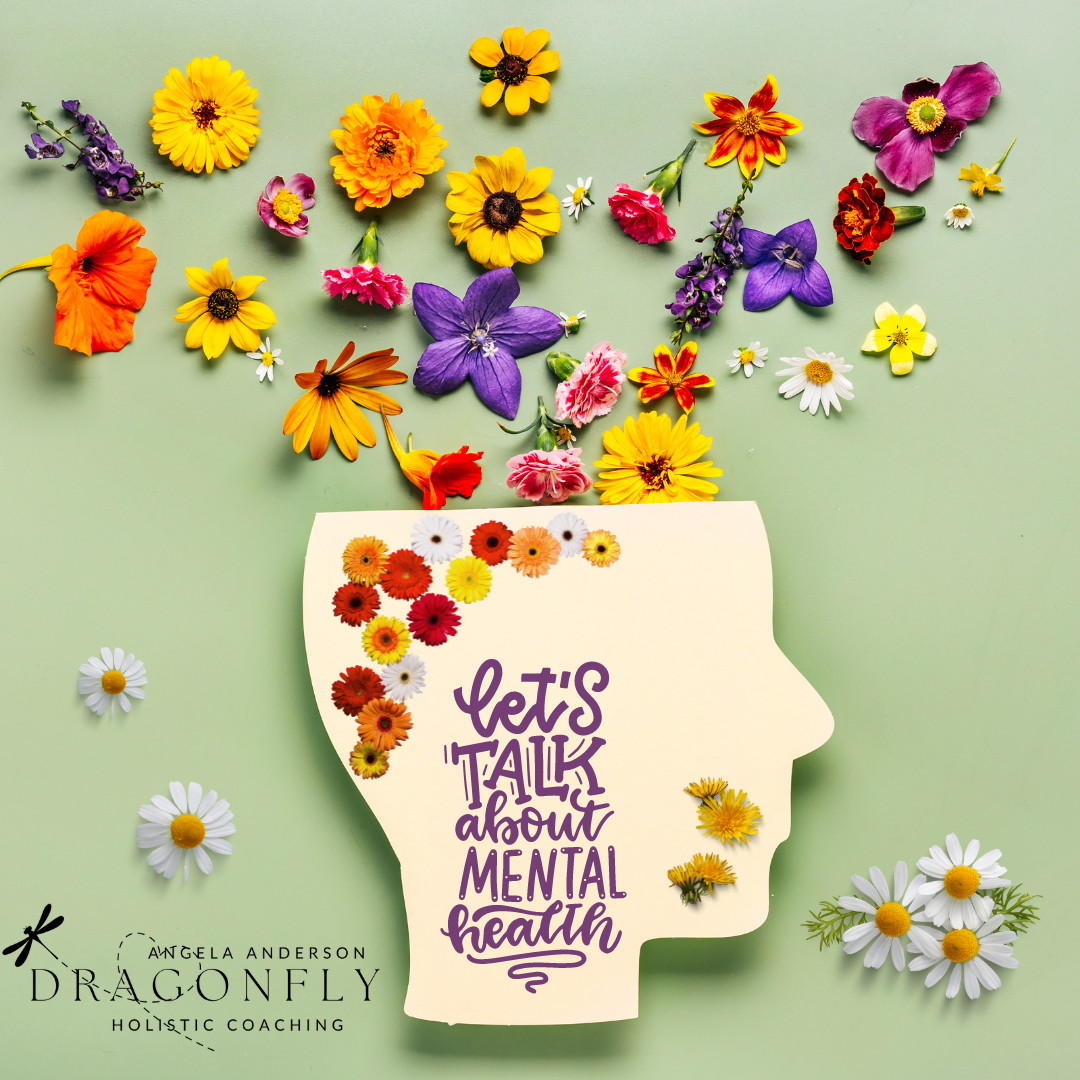Discover the unexpected key to optimal gut health and overall wellness: managing stress. It's not just about feeling less frazzled; reducing stress is essential for maintaining the balance of good bacteria in your gut. By tackling stress, you can prevent digestive issues like bloating, gas, and indigestion, and even avoid the dreaded "leaky gut" syndrome where unwanted particles seep into your bloodstream, causing inflammation and more serious health concerns.
Focusing on stress reduction isn't merely about feeling better in the moment; it's about setting the stage for your body to heal and thrive. Just as it's futile to repair a house during a storm, trying to improve gut health without addressing stress is equally ineffective. Reducing stress not only dampens inflammation—which exacerbates gut issues—but it also bolsters your immune system, energizes you, and motivates you to adhere to a healthy lifestyle, including a gut-friendly diet and regular exercise.
The journey toward a healthier gut involves simple yet impactful steps: incorporating stress-busting activities such as mindfulness, meditation, and regular exercise into your daily routine; eating a balanced diet rich in whole foods; staying hydrated; considering natural supplements; and prioritizing quality sleep. These strategies not only foster a calm and resilient mind but also support a robust immune system and a vibrant, healthy gut, paving the way for a happier, healthier you.
Read more...In recent years, the intricate link between gut health and mental health has garnered significant attention from researchers and healthcare professionals. This connection, often referred to as the "gut-brain axis," underscores the bidirectional communication between the gastrointestinal system and the brain. Understanding this relationship can offer profound insights into how our diet and digestive health impact our overall well-being, including our mental health.
The Gut-Brain Axis
The gut-brain axis is a complex communication network that links the emotional and cognitive centers of the brain with peripheral intestinal functions. This axis involves direct and indirect pathways between the gut and the brain, including neural connections via the vagus nerve, hormonal pathways, and immune system interactions. Central to this communication are the gut microbiota—the trillions of microorganisms residing in our digestive tract.
Gut Microbiota and Mental Health
The gut microbiota play a crucial role in maintaining homeostasis and overall health. These microorganisms help digest food, produce vitamins, and protect against pathogens. Emerging research suggests that the composition and diversity of gut microbiota significantly influence brain function and behavior. For instance:
1. Neurotransmitter Production: Gut bacteria are involved in the production of neurotransmitters such as serotonin, dopamine, and gamma-aminobutyric acid (GABA). Serotonin, often dubbed the "feel-good" neurotransmitter, has a significant portion produced in the gut. An imbalance in gut bacteria can therefore affect serotonin levels, potentially leading to mood disorders like depression and anxiety.
2. Inflammation: Dysbiosis, or an imbalance in gut microbiota, can lead to inflammation. Chronic inflammation is a known contributor to various mental health conditions, including depression. Inflammatory markers produced in the gut can cross the blood-brain barrier, influencing brain function and behavior.
3. **Stress Response: The gut microbiota influence the hypothalamic-pituitary-adrenal (HPA) axis, which regulates stress responses. An imbalance in gut bacteria can dysregulate the HPA axis, leading to an exaggerated stress response and increasing the risk of stress-related disorders.
Impact of Diet on Gut and Mental Health
Diet plays a pivotal role in shaping the gut microbiota and, consequently, mental health. Diets rich in processed foods, sugars, and unhealthy fats can disrupt gut microbiota balance, while diets rich in fiber, fermented foods, and omega-3 fatty acids promote a healthy gut environment. Specific dietary components influencing gut and mental health include:
- Fiber: Found in fruits, vegetables, and whole grains, fiber is essential for feeding beneficial gut bacteria. Short-chain fatty acids (SCFAs), produced by the fermentation of fiber, have anti-inflammatory properties and support brain health.
- Fermented Foods: Foods like yogurt, kefir, sauerkraut, and kimchi contain probiotics that can enhance gut microbiota diversity and function, positively impacting mental health.
- Omega-3 Fatty Acids: Found in fatty fish, flaxseeds, and walnuts, omega-3 fatty acids have anti-inflammatory effects and are crucial for brain health.
Practical Tips for Enhancing Gut and Mental Health
1. Eat a Diverse Diet: Incorporate a variety of fruits, vegetables, whole grains, lean proteins, and healthy fats to support a diverse gut microbiota.
2. Include Fermented Foods: Regularly consume fermented foods to boost beneficial bacteria in the gut.
3. Manage Stress: Practice stress-reducing techniques such as mindfulness, yoga, and regular physical activity to maintain a healthy gut-brain axis.
4. Stay Hydrated: Drink plenty of water to support overall digestive health.
5. Limit Processed Foods: Reduce the intake of processed foods, sugars, and unhealthy fats that can disrupt gut balance.
Understanding the gut-brain axis offers a holistic approach to improving mental health. By nurturing gut health through diet, stress management, and lifestyle changes, we can positively influence our mental well-being and achieve a balanced, healthier life.

Discover the fascinating connection between gut health and mental wellbeing in our latest article. Recent scientific research has highlighted the profound impact the gut can have on our emotional and psychological state. The gut-brain axis, a bidirectional pathway between the gut and brain, plays a crucial role in this relationship, with the gut microbiome emerging as a key player. Imbalances in the gut microbiome have been linked to conditions such as depression, anxiety, and neurodevelopmental disorders.
Nurturing a healthy gut microbiome can be achieved through a varied, whole foods-based diet, incorporating probiotic and prebiotic-rich foods or supplements, and maintaining a healthy lifestyle. Additionally, seeking professional support is crucial for those experiencing persistent mental health symptoms. By understanding and optimizing our gut health, we can potentially enhance our emotional resilience, support mood regulation, and improve overall mental wellbeing.
Read more...



